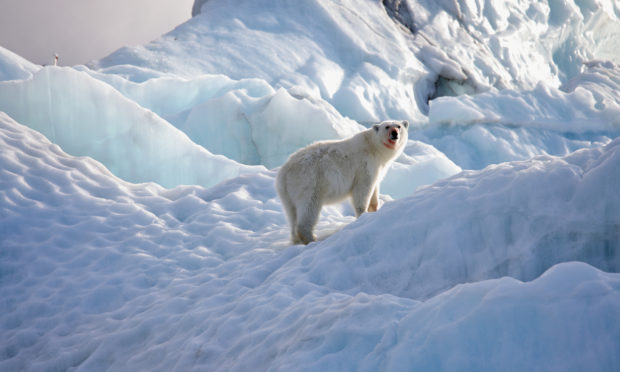Astonishingly, we go to the polls next week for a parliament we should have left two months ago.
It’s hard to contain the excitement.
The column will award a special prize to anyone who can name our current MEPS.*
Since 1999 we have elected them by list. We vote a for a party, and depending how much support each party gets across Scotland, that determines how many MEPs they will have, as selected from party lists.
We have six MEPs – how many names have you got so far? We elected a UKIPer last time – his name?
The SNP wanted to win three seats, but only got two – either of them?
I can tell you that third on the SNP list was a Tasmina Ahmed-Sheikh who went on to produce Alex Salmond’s Russia Today chat show, and was fined for professional misconduct from her time as a lawyer.
The UKIP MEP was David Coburn, who has changed allegiance twice while in office (from UKIP to Independent, and then to the Brexit Party).
The two SNP are Alyn Smith and Ian Hudghton. I worked Hudghton’s first campaign in 1999 and never heard of him again. He’s stepping down this time – he will be missed, or maybe he won’t.
As the TV political drama Borgen once noted: “In Brussels, no one can hear you scream.”
There are two Labour MEPs, David Smith and Catherine Stihler. Stihler resigned earlier this year, but you knew that. I confess to getting five names, but couldn’t remember the sixth.
Nosheena Mobarik – who knew. A Tory Baroness. If anyone has spotted her, do write in.
Remainers always conceded the structure of the EU was flawed, and the parliament hopelessly feeble, receiving second-rate politicians.
However, as the Leavers have yet to succeed in converting their referendum win into action, we must go once again to the ballot boxes of deep space, and throw our votes into the abyss.
These MEPs will be as the others, only more so. Not only will they be anonymous, they won’t be there for very long – assuming Brexit finally
goes through.
Even if it doesn’t, we have 40 years of evidence that it doesn’t really matter who our MEPs are or what they do. This is, then, the perfect protest election.
Euro elections are dull because the result seems to have no bearing on what the EU does. The impression is that a far-right candidate will have exactly the same effect as a communist on EU legislation.
Britain returned 24 UKIP MEPs at the last election, but this has in no way slowed or changed EU legislation affecting the UK.
The main function of Euro elections has been to give small parties a chance to be heard in domestic policy – Winnie Ewing was SNP MEP when the party was barely registering in general elections, and in recent times it was the EU that kept UKIP alive.
Which is to say, a vote for the European Parliament is actually more about the London and Edinburgh parliaments.
Famously, the 1989 election saw a big swing to the Greens – they did not win any seats, but got around 15% of the vote.
It was the first sign that environmental matters had seeped from the fringe of politics into the mainstream.
After 1989, politicians of all hue talked green, but paid it only lip service when in office.
Every manifesto for the first Holyrood election in 1999 had an “environment” section, but we have been consistently behind our continental neighbours in things like recycling, bottle returns, carbon taxes.
This is the country that concocted a proposal to reduce Air Passenger Duty while also boasting about how it had set world-leading carbon targets, and all in the last decade, when the environmental threat from flying was well known.
Which shows that it’s time for another green surge at the ballot box, another warning from voters to the main parties to take the planet seriously.
We should use this election to declare the climate emergency which leading politicians hint at, but dare not act upon.
In keeping with all European elections, its effect will be to say something about the state of domestic affairs.
Which is why I shall be voting Green.
If you are a nationalist and worried about disloyalty, then the Greens are pro-Indy. If you are a unionist, then an EU vote is no mandate for indyref2. What’s more, the Greens are steadfast Remainers. We have to change profoundly if we are to adapt to climate change, and we need to say that loudly.
Even if the protest is lost on Brussels, then our scream will be heard in Holyrood and Westminster. Thirty years on from the last Green surge, we need another, for all our sakes.
*Theresa May was in charge of the special prize – delivery date uncertain.










